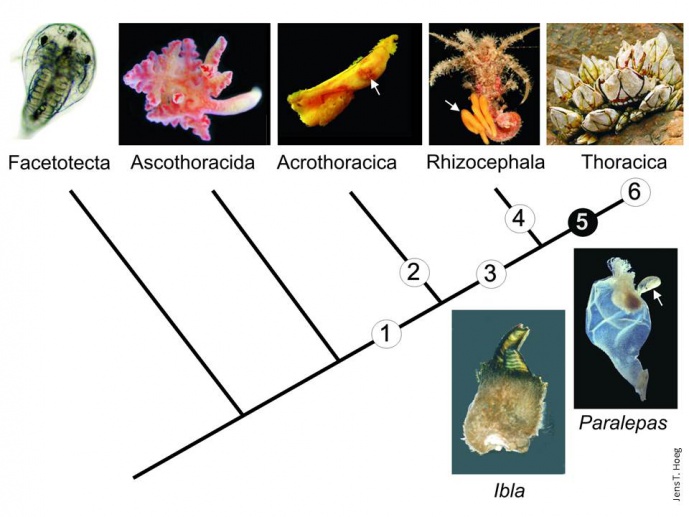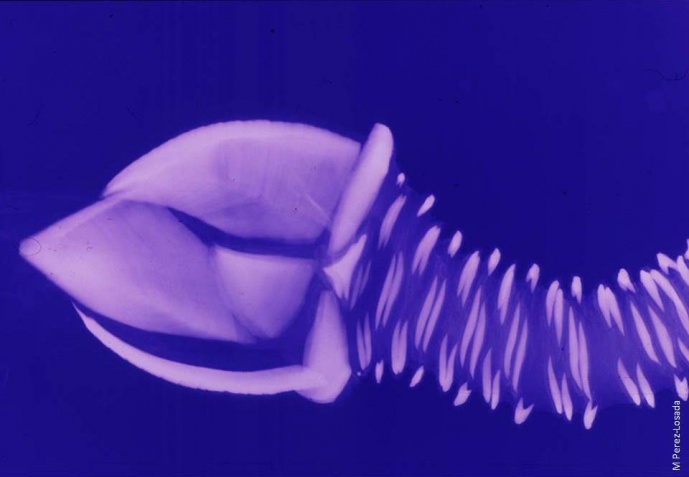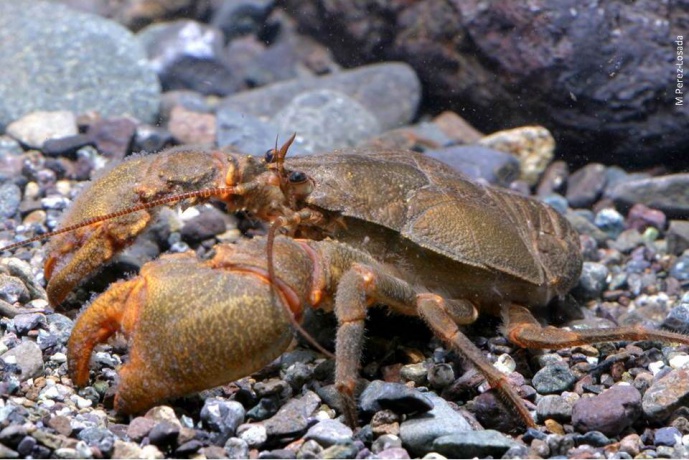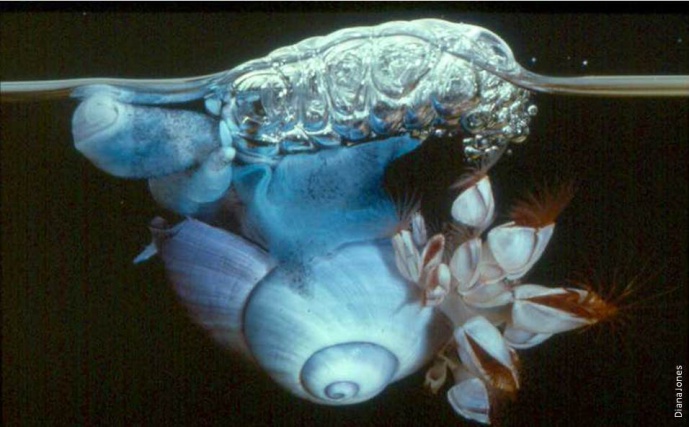Marcos Pérez-Losada
Principal Researcher
My research focuses on applying and comparing computational approaches of phylogenomic and population genetic estimation to study the biodiversity of invertebrates, the evolutionary dynamics of human infectious diseases and microbiomes, and host-microbial interactions.
a) Biodiversity informatics. My research in this field centers around invertebrates (including mollusks, crustaceans, and earthworms) and encompasses the phylogenomic assessment of species, molecular and morphological diversity; estimating their evolutionary relationships (systematics) and understanding their distribution (phylogeography); solving their taxonomy and improving their classification; evaluating their conservation statuses; and study the evolution of genes of applied interests such as those related to barnacle cementation.
b) Translation medicine. I am interested in the application and comparison of phylodynamic methods to study the evolutionary and epidemiological dynamics of human infectious diseases such as HIV, so better strategies of control, prevention and treatment can be designed. I am also interested in the characterization of the microbial communities causing respiratory illness and their interaction with their hosts. Using newly developed statistical tools (e.g, Pathoscope) and metagenomic data, I am comparing the structure and function of microbial communities residing in the respiratory airways of symptomatic and asymptomatic patients to develop profiles of pathogenic and healthy microbiomes.
c) Earthworm-microbe biological systems. Soil microbes are involved in critical ecosystem functions such as decomposition and geochemical nutrient cycling, toxin removal and suppressing soil-borne diseases. In temperate ecosystems, soil microbes are strongly influenced by earthworm ingestion. I am interested on finely characterizing the microbial communities in the earthworm gut and their interaction with their host. To such aim, I am developing a systems biology approach coupling experimental (metagenomics and metatranscriptomics) and computational methodologies to gain insight into the diversity, function, adaptation and evolution of the microbial communities residing in the earthworm gut.





